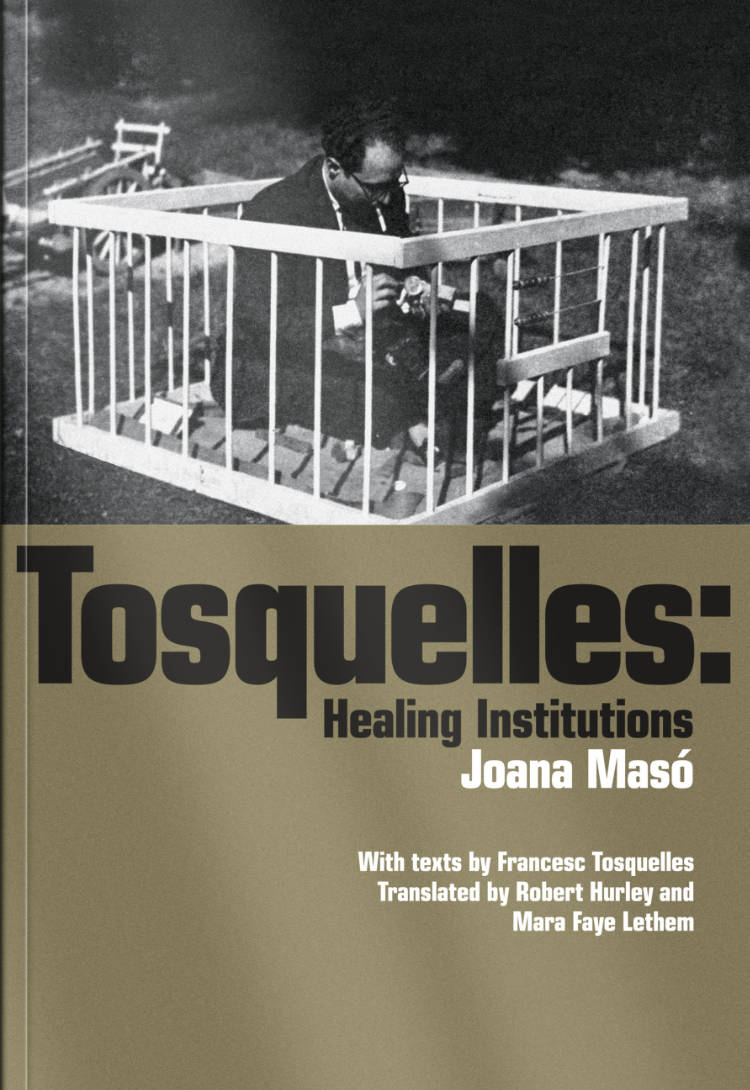
A Toast to St Martirià
Albert Serra, Matthew Tree trans.
A Toast to St Martirià is an improvised speech given by the cult Catalan filmmaker Albert Serra at the St Martirià fiesta in Banyoles, the town of his birth. Transmitting his subversive attitude and impulsive lust for life, it is a journey through his formative years and early relationships – established in the nightlife of his hometown – that have shaped his particular conception of cinema, art and life. ‘Cinema should be this, making perception of time and space more intense.’
Translated by Matthew Tree
Afterword by Alexander García Düttmann
The Catalan artist and filmmaker Albert Serra was born in 1975. His films usually depict European myths and literature. In 2001, he co-founded the production company Andergraun Films. His Honor of the Knights was selected by Cahiers du Cinéma as one of the ten best films of 2007. For Story of My Death, Serra was awarded the Golden Leopard at the Locarno Film Festival in 2013. For The Death of Louis XIV, Serra received the Prix Jean Vigo in 2016. Pacifiction was nominated for the Palme d’Or at the Cannes Film Festival in 2022.
Matthew Tree was born in London in 1958. He taught himself Catalan in 1979 and moved to Catalonia in 1984. Since then he has published nine works of fiction and non-fiction written in Catalan, and five written in English. He writes regular columns for Catalonia Today magazine in English and El Punt Avui newspaper in Catalan. He has translated works by Jordi Puntí, Maria Barbal, Monika Zgustová, Joel Joan, Marta Marín-Dòmine and Albert Serra, among others. Two of his English novels, Just Looking and Almost Everything, will appear in Catalan translation at the start of 2025.
96 pages ┊ Language: English







